Consumers choose beverage products at a supermarket in Hanoi . (Photo: ANH DUONG)
Vietnam's economy has just entered the first quarter of 2025 with a GDP growth rate of 6.93%. This is quite an impressive growth rate but still lower than the operating scenario updated by the Government in the Supplementary Project on Socio-Economic Development in 2025.
Strengthening business "health"
The US's sudden announcement of a high reciprocal tax policy towards Vietnam and many other trading partners, the growth target of 8% or more in 2025 to create momentum for double-digit growth from 2026 has become even more challenging, requiring the joint efforts and consensus of the entire political system, the Government, businesses and people of the whole country. In particular, improving the endogenous capacity of the economy through supporting production and business, helping businesses recover and develop sustainably is an urgent requirement. This is also the time to focus on solutions to increase domestic production, have policies to promote domestic consumption to become an important driving force of economic growth.
Dr. Can Van Luc, Chief Economist of the Bank for Investment and Development of Vietnam, Member of the National Financial and Monetary Policy Advisory Group, commented that the impact of US tariff policies on Vietnam was not clear in the second quarter, but the growth rate in the remaining two quarters of 2025 depends largely on the results of negotiations between the two countries. To respond, the important solution is to prepare well for negotiations after the 90-day tax deferral; promptly respond to difficulties and barriers in 14 areas that the US side has raised with Vietnam; and actively support businesses in affected industries.
Management agencies need to focus on promoting the domestic market, strengthening the "health" of domestic enterprises, thereby increasing the resilience and independence and autonomy of the Vietnamese economy.
"In the current context, stimulating domestic private investment is an important driving force for economic growth. On the business side, it is necessary to make good use of support policies on taxes, fees, and credit to optimize operating costs," Dr. Can Van Luc recommended.
According to economic experts, the US reciprocal tax policy poses many challenges, but this is also an opportunity for Vietnam to continue restructuring its economy, shifting to a sustainable development model, and improving its resilience to external fluctuations.
Be cautious when increasing special consumption tax
To limit the negative impact on the growth momentum of domestic consumption, the Vietnam Beer-Alcohol-Beverage Association (VBA) has just sent an official dispatch to the Prime Minister and relevant agencies regarding the US reciprocal tax issue and policy recommendations related to some contents of the amendments to the Law on Special Consumption Tax, expected to be considered and approved by the National Assembly at the 9th Session.
The 15th National Assembly will take place in May 2025. In which, VBA stated that although it is still too early to fully assess the negative impacts of the reciprocal tax policy and the specific impacts on the beverage industry, there have been analyses and comments showing that Vietnam's goods exports will be greatly affected by this "variable", especially exports to the US market.
Therefore, promoting domestic consumption is one of the important solutions to achieve the growth target of 8% or more in 2025. VBA recommends postponing the application of the special consumption tax increase on alcohol and beer and not increasing it dramatically to reduce the impact on businesses in the industry, creating motivation for businesses to recover and develop production and business, contributing to economic growth in the coming time.
According to Dr. Vo Tri Thanh, Director of the Institute for Brand and Competitiveness Strategy Research, if the special consumption tax on beer and alcohol is increased from 2026 as proposed in the draft Law on Special Consumption Tax, it will make it more difficult for businesses, affecting their ability to contribute to the state budget as well as the issue of creating jobs for society. This will not be favorable in the context of the country needing to accelerate growth.
VBA Chairman Nguyen Van Viet said that the difficulties of the economic situation have "permeated" into the Vietnamese beverage industry since the Covid-19 pandemic broke out, and have not yet recovered. Since the application of penalties for violations of regulations on alcohol concentration for traffic participants according to Decree 100/2019/ND-CP, the consumption market of the beer and alcohol industry has decreased sharply.
Many businesses have reduced production output by 20-30%, forcing them to cut their workforce. Businesses facing difficulties in revenue and profit have also caused the income of workers in the beer and alcohol industry to decrease significantly in recent years. Even a large beverage business in the central region, which contributes thousands of billions of dong to the state budget each year, has had to close down.
Currently, beverage enterprises contribute about 60,000 billion VND to the budget per year, creating jobs for millions of workers. If they have to pay a high special consumption tax rate in 2026 as proposed by the drafting agency, beverage enterprises will face more difficulties, leading to negative impacts on about 20 other related industries, from raw material cultivation, processing, packaging, logistics, food services, etc.
According to VBA’s assessment, this level of impact does not only occur within the industry but also negatively impacts the general socio-economic situation of the country. To ensure harmony between the interests of the State and enterprises, VBA recommends that the Government postpone the implementation until 2028 and not increase the shock tax on beer and alcohol products so that enterprises have enough time to adjust their business strategies and stabilize production.
According to Nhan Dan Newspaper
Source: https://baohoabinh.com.vn/12/200394/Chinh-sach-thue-can-ho-tro-tang-truong.htm


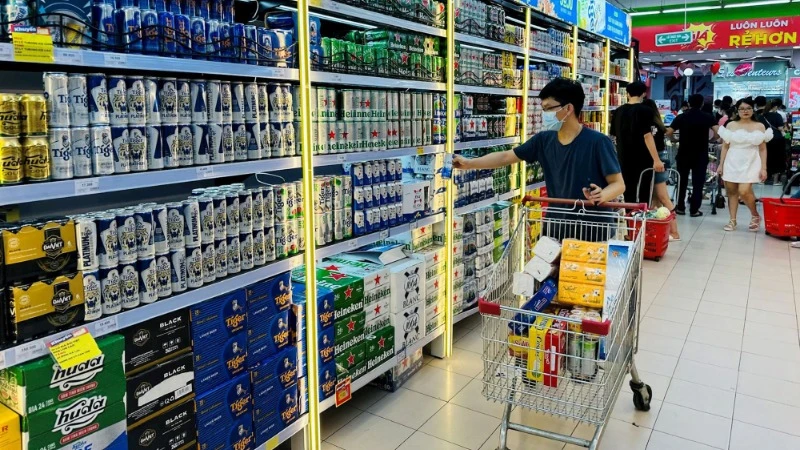
![[Photo] T&T 1 and Ho Chi Minh City 1 People's Police Teams won the men's and women's team championships](https://vphoto.vietnam.vn/thumb/1200x675/vietnam/resource/IMAGE/2025/5/22/39db06ae67cb4001b7a556e8d9a56d07)

![[Photo] General Secretary To Lam chairs a working session with the Central Internal Affairs Commission](https://vphoto.vietnam.vn/thumb/1200x675/vietnam/resource/IMAGE/2025/5/22/3b7790f499da45b2803d8ae253207ef1)
![[Photo] Press delegation meeting to visit Truong Sa and DK1 Platform](https://vphoto.vietnam.vn/thumb/1200x675/vietnam/resource/IMAGE/2025/5/22/6b8d232877ec421a9e8187d83b9f8006)

![[Photo] Prime Minister Pham Minh Chinh chairs meeting on draft Resolution of National Assembly on International Financial Center in Vietnam](https://vphoto.vietnam.vn/thumb/1200x675/vietnam/resource/IMAGE/2025/5/22/d398664ff1a140629169ea5a24e1b4d0)
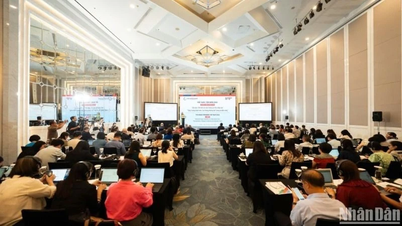






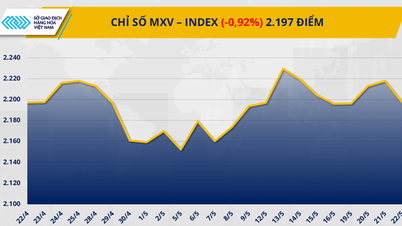










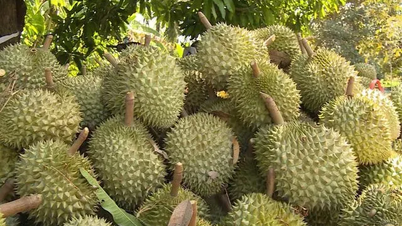















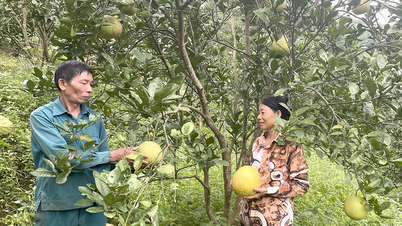












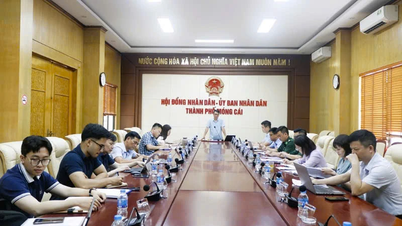

































![[Podcast] Week introducing more than 500 OCOP products in Hanoi](https://vphoto.vietnam.vn/thumb/402x226/vietnam/resource/IMAGE/2025/5/22/d144aac2416744718388dbae3260e7fd)



Comment (0)